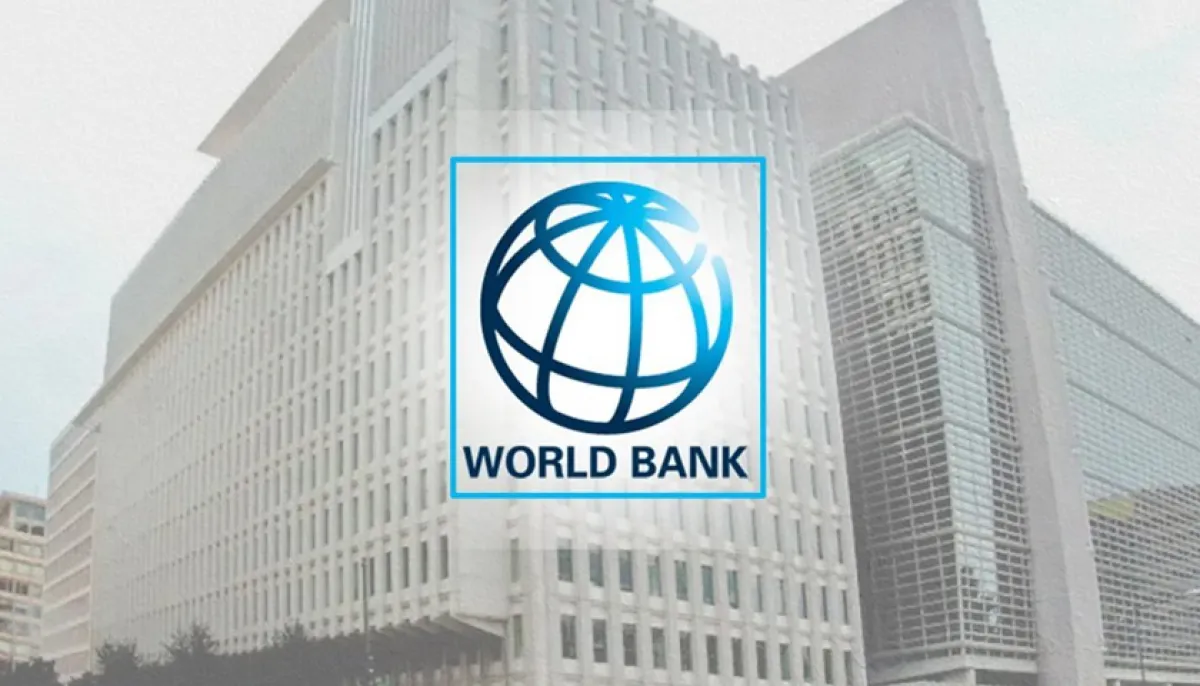
The World Bank’s Board of Executive Directors approved $250 million financing to bolster public sector performance in Bangladesh by fostering transparency, accountability, and efficiency in key government agencies.
The Strengthening Institutions for Transparency and Accountability (SITA) Project will support the ongoing reform initiatives of the Government of Bangladesh to modernize crucial public sector functions that are essential for improving data transparency, domestic revenue mobilization, public investment management, public procurement, and financial oversight.[]inside-ad-2]
The project will strengthen governance structures and capacities in five key government agencies, namely the Bangladesh Bureau of Statistics, the National Board of Revenue, the Planning Division, the Bangladesh Public Procurement Authority, and the Office of the Comptroller and Auditor General.
‘The investment will leverage digitization of business processes to help improve transparency and reduce corruption, by supporting Bangladesh in modernizing public institutions capable of serving an emerging economy,’ said Gayle Martin, World Bank Interim Country Director for Bangladesh. This project will help improve the quality and accessibility of public services and thus enhance public trust in government institutions.
The project will streamline operations and improve service delivery within the targeted agencies, and enhance access to reliable public statistics, crucial for transparent and accountable decision-making and policy formulation. It will help modernize tax administration and increase tax compliance, thereby improving much-needed revenue mobilization and fiscal sustainability. It will also help improve the efficiency and accountability of public spending, ensuring that resources are utilized effectively for the benefit of all citizens. It will develop second generation of electronic government procurement (e-GP) and broaden its scope. The project will also help strengthen and digitize public audit.
The Government of Bangladesh and the World Bank are also preparing a development policy credit scheduled for the World Bank Board discussion later this month, which would support transparency and accountability in domestic revenue mobilization, the banking sector, data production and dissemination, public investment management and procurement, audit and accountability, and the delivery of social programs. The SITA project will complement these activities and help build institutional capacity necessary for the implementation of these important reforms.
“By taking a holistic approach covering five critical public institutions, the project will boost government effectiveness, which is a key ingredient for sustainable economic growth,” said Souleymane Coulibaly, World Bank Lead Country Economist and Task Team Leader for the project. “This project and the proposed development policy credit would be complementary and provide the government both the necessary hardware and software for improving public financial management and public service delivery.”
The World Bank was among the first development partners to support Bangladesh following its independence. Since then, the World Bank has committed more than $45 billion in grants, interest-free, and low-interest credits to Bangladesh. In recent years, Bangladesh has been among the largest recipients of the World Bank’s concessional IDA credits.
